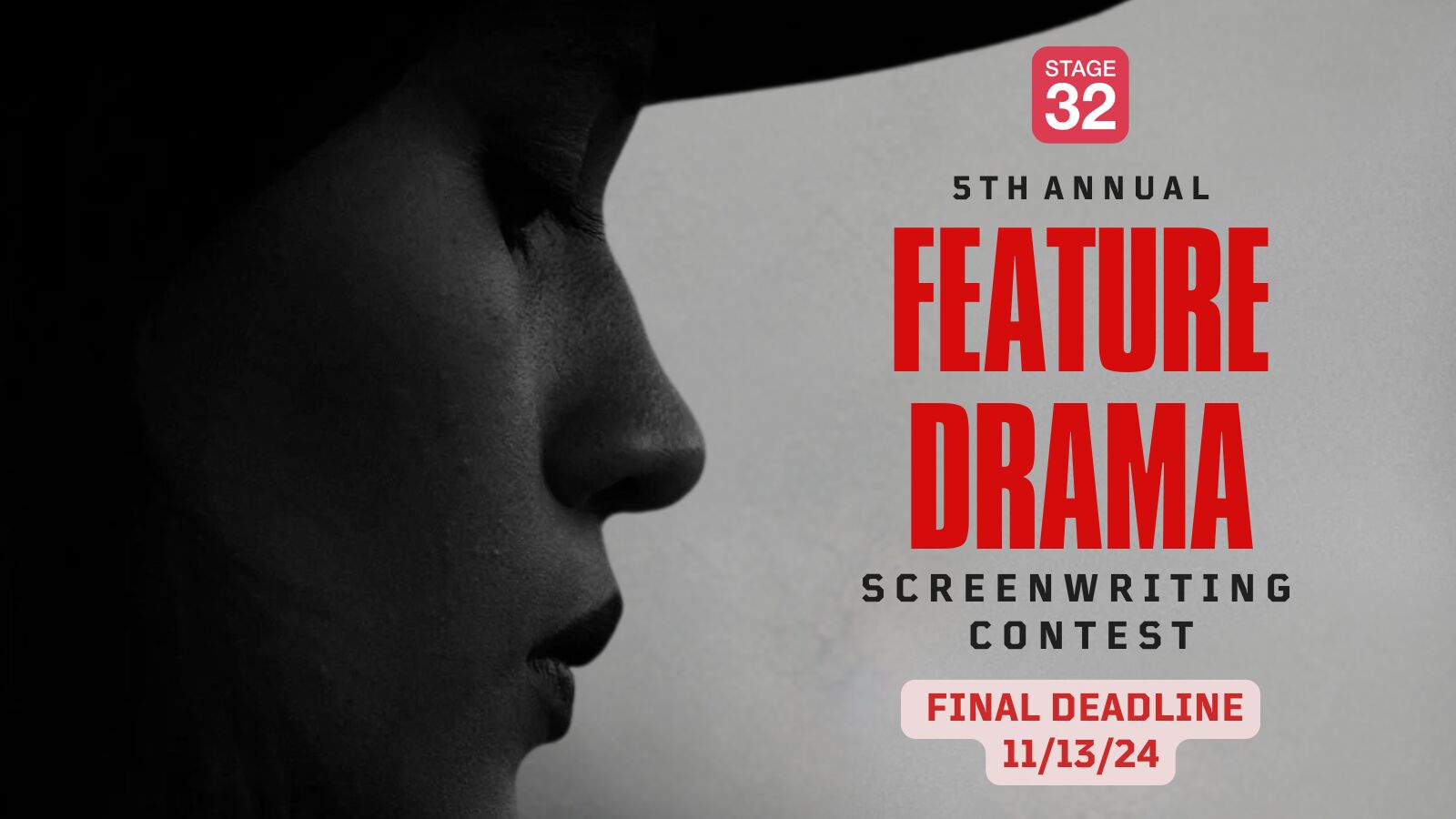I just worked through the 8th draft of a screenplay I'm doing. It's dialogue-heavy. I know that, but it is a character-driven, low-budget indie film that is more about psychological and emotional conflict rather than physical conflict. I don't have a lot of action because of that. So I guess I'm asking is if any of you have any thoughts on what might be too much dialogue in an indie type film. What I've written is very much like a play. I have written plays and have had them published and performed. I know there are no hard, fast rules for dialogue, but I am interested in anyone's thoughts.



1 person likes this
Hi Steven, if the dialogue and the acting are compelling, a dialogue-heavy script can be quite compelling. The first example that comes to mind is Glengarry Glen Ross. Is it possible to break up large, dialogue-heavy scenes across multiple scenes and locations?
Michael, the issue isn’t long speeches. Generally, I use short , snappy writing. What I mean is like a five page scene with mostly talking.
1 person likes this
Steven, I have read a lot of screenplays lately. Produced and unproduced. Modern-day screenplays. For a hundred-pages screenplay, the 'average' scene is a bit shorter than half a page. Then again, if most of your scenes are short, and you have (a few) long (GOLDEN) scenes, let us say max 3-5 pages. that would be fine. Just my two cents.
Hey, Steven! Once, I was advised to mix my dialogues / monologues with the flashbacks, where the same info is introduced but in a visual way, and when a flashback finishes, we go back to the scene, feeling refreshed, while it's actually the same dialogue/monologue happening. Hope it helps!
1 person likes this
No one can answers this without any context. The only test is to have someone read it and give you feedback.
2 people like this
Dialogue can feel excessive when characters are explaining how they feel rather than showing it. In a stage play these things have to be put into words so the audience members in the back row understand what is going on, but on screen you can play with non-verbal communication between characters (body language, expression, reaction etc.). If you are wondering if the dialogue is becoming excessive, a good thing to do is to ask yourself “what is being communicated here” and “is there a different way to communicate this”? Sometimes a character not being able to express themselves can be more captivating to watch than a character that can.
I like that Ewan. " Sometimes a character not being able to express themselves can be more captivating." A great point for me to remember as well, especially writing a TV series. Thanks!
1 person likes this
Steven, I would personally read the first scene of Tarantino's screenplay "Inglorious Bastards". Could (partly) answer several of your questions at once as it reflects about all that is said in this thread.
Rutger, I watched the scene. Not sure what to think yet.
Don't only watch it. READ the screenplay!! http://www.cinefile.biz/script/basterds.pdf
Or even better: SCREENPLAYED "Inglorious Bastards" it's not the first scene but the same principle.; https://www.facebook.com/watch/?v=461625637917660
I think apart from reading the scene in Tarantino's "Inglorious Bastards" you should read a lot of screenplays, produced or not, especially ones you think somehow reflect your screenplay's genre, setup, and dialog. Besides all that is already said in this thread. That's all I can say.
1 person likes this
I have been reading several screenplays, and I find I'm drawn to the more experimental type script. Memento for example. I did reread the scene. It is amazing, isn't it?
1 person likes this
People never just stand and talk. We are not like that. (I know people are sick of me mention this film) But when I wrote the hostage I had this problem. One guy strapped to a chair. Two guys questioning him for 90 mins.
So I added in the occasionally phone call to the outside world. Sometime we didn’t hear the call, but the person taking it had to walk away. The remaining people could have a conversation in private. I also dropped in acting hints. “James is barely holding it together”.
You have to find ways to break it up to make the read easier (mostly). I would read it out. The places I would naturally break, I would add something for the reader.
1 person likes this
Tarantino always has tension mingling his big conversations. You sense something bad gonna happen when the talk stops, so you follow it through with attention...
1 person likes this
Hi Steven,
It's difficult to answer the question 'what might be too much dialogue in an indie type film', without some context. Is this limited location, or multiple - what's the story about?
12 Angry Men, Glengarry Glen Ross, and more recently, Ma Rainey's Black Bottom are all examples of 'dialogue-heavy' films - but they are all adapted from plays.
Plays have different constraints to movies, therefore dialogue serves an additional function.
I think a rule of thumb, in regard to dialogue-heavy in your film - if you can show something visually, but have used dialogue instead - then it's dialogue heavy.
Yes Memento is briljant. Love that sceenplay and film!
I very much like the idea Rohit mentioned about storyboarding with stick figures- may give that a go myself!